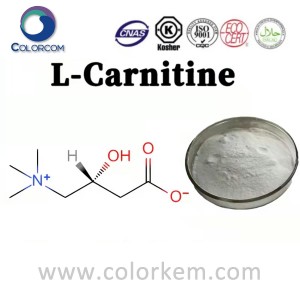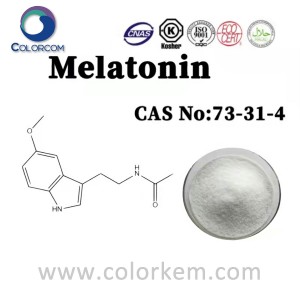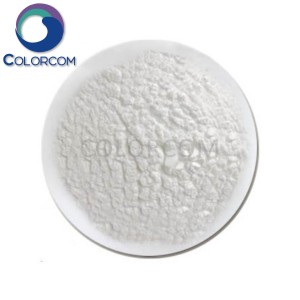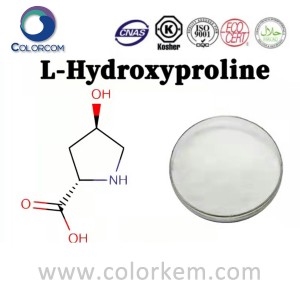L-Carnitine | 541-15-1
Product Description:
1.L-carnitine (L-carnitine), also known as L-carnitine, vitamin BT, the chemical formula is C7H15NO3, the chemical name is (R)-3-carboxy-2-hydroxy-N,N,N-trimethylpropylammonium The internal salt of hydroxide, the representative drug is L-carnitine.It is a kind of amino acid that promotes the conversion of fat into energy. The pure product is white crystal or white transparent fine powder.
2.It is easily soluble in water, ethanol and methanol, slightly soluble in acetone, and insoluble in ether, benzene, chloroform and ethyl acetate. ester. L-carnitine is easy to absorb moisture, has good water solubility and water absorption, and can withstand high temperatures above 200 °C.
3.It has no toxic and side effects on the human body. Red meat is the main source of L-carnitine, and the human body can also synthesize it to meet physiological needs. Not a real vitamin, just a vitamin-like substance.
4.It has many physiological functions such as fat oxidation and decomposition, weight loss, anti-fatigue, etc. As a food additive, it is widely used in infant food, diet food, athlete food, nutritional supplements for middle-aged and elderly people, nutritional fortifiers for vegetarians and animal feeds additives, etc.
The efficacy of L-Carnitine:
Weight loss and slimming effect:
L-carnitine is beneficial to promote the oxidative metabolism of fat in mitochondria, and promote the catabolism of fat in the body, so as to achieve the effect of weight loss.
The effect of supplementing energy:
L-carnitine is conducive to promoting the oxidative metabolism of fat, and can release a lot of energy, which is especially suitable for athletes to eat.
Fatigue relief effect:
Suitable for athletes to eat, can quickly relieve fatigue.
Technical indicators of L-Carnitine:
Analysis Item Specification
Identification IR
Appearance White Crystals or White Crystalline Powder
Specific rotation -29.0~-32.0°
PH 5.5~9.5
Water ≤4.0%
Residue on ignition ≤0.5%
Residual solvents ≤0.5%
Sodium ≤0.1%
Potassium ≤0.2%
Chloride ≤0.4%
Cyanide Non detectable
Heavy metal ≤10ppm
Arsenic (As) ≤1ppm
Lead (Pb) ≤3ppm
Cadmium (Cd) ≤1ppm
Mercury (Hg) ≤0.1ppm
TPC ≤1000Cfu/g
Yeast & Mold ≤100Cfu/g
E. Coli Negative
Salmonella Negative
Assay 98.0~102.0%
Bulk density 0.3-0.6g/ml
Tapped density 0.5-0.8g/ml





![(1S,5R,6S)-Ethyl-5-(pentan-3-yloxy)-7-oxabicyclo[4.1.0]hept-3-ene-3-carboxylate](https://cdn.globalso.com/colorkem/1S5R6S-Ethyl-5-pentan-3-yloxy-7-oxabicyclo4.1.0hept-3-ene-3-carboxylate-300x300.jpg)



